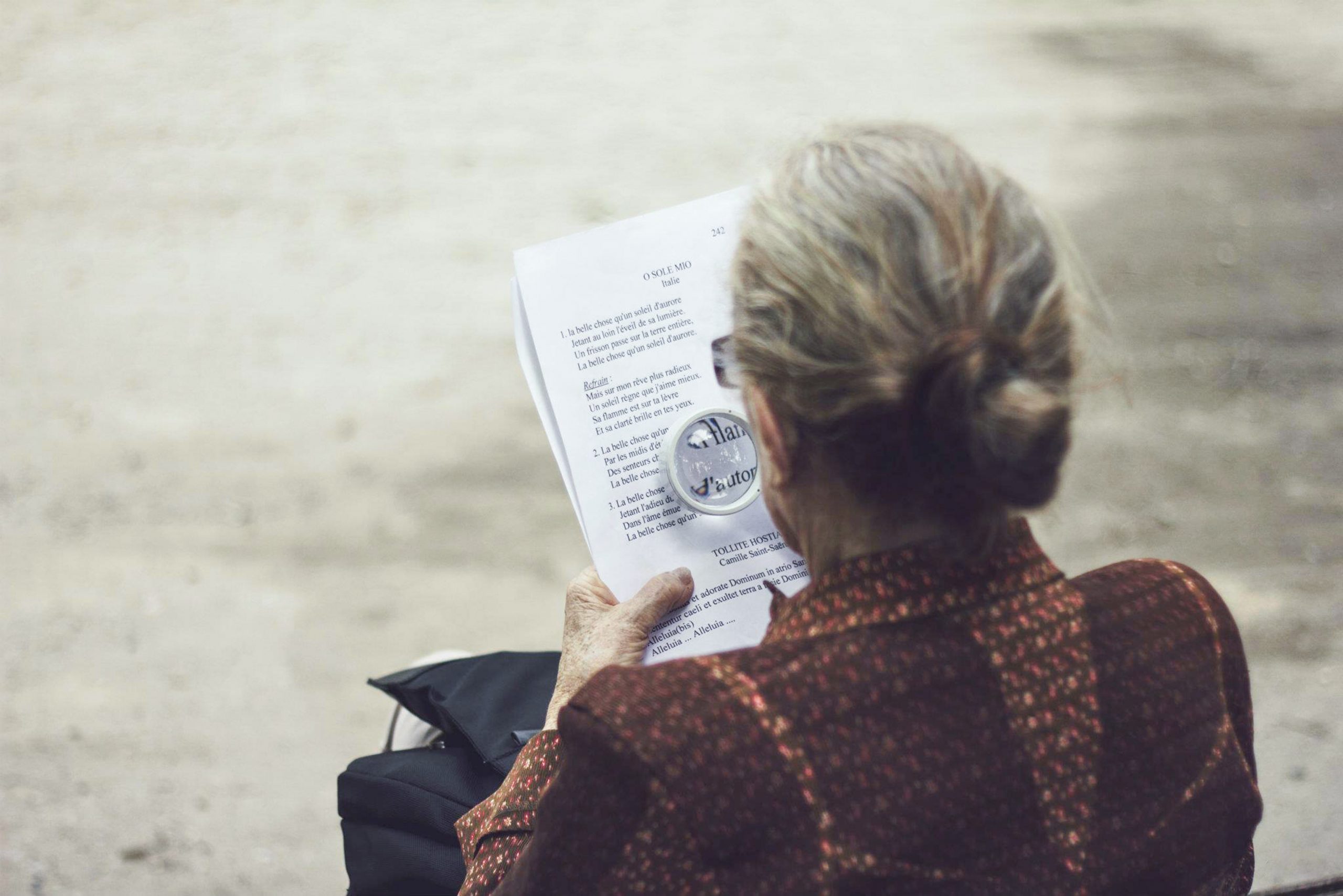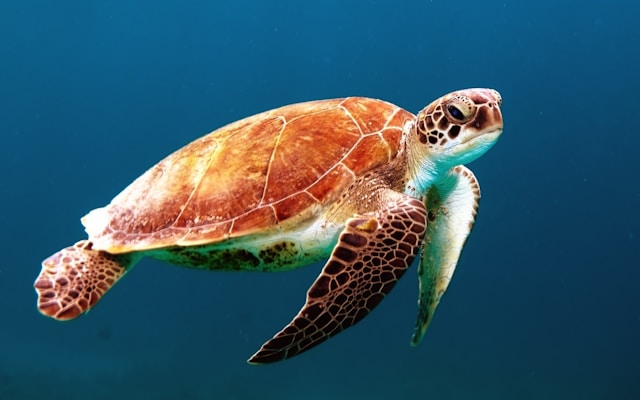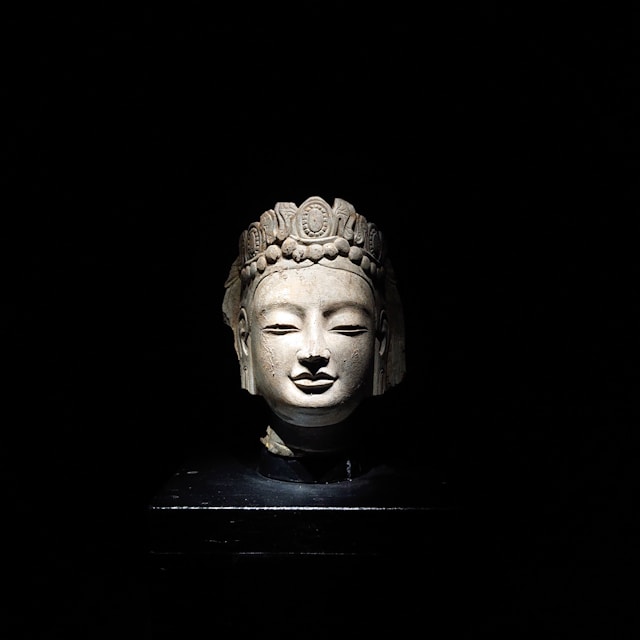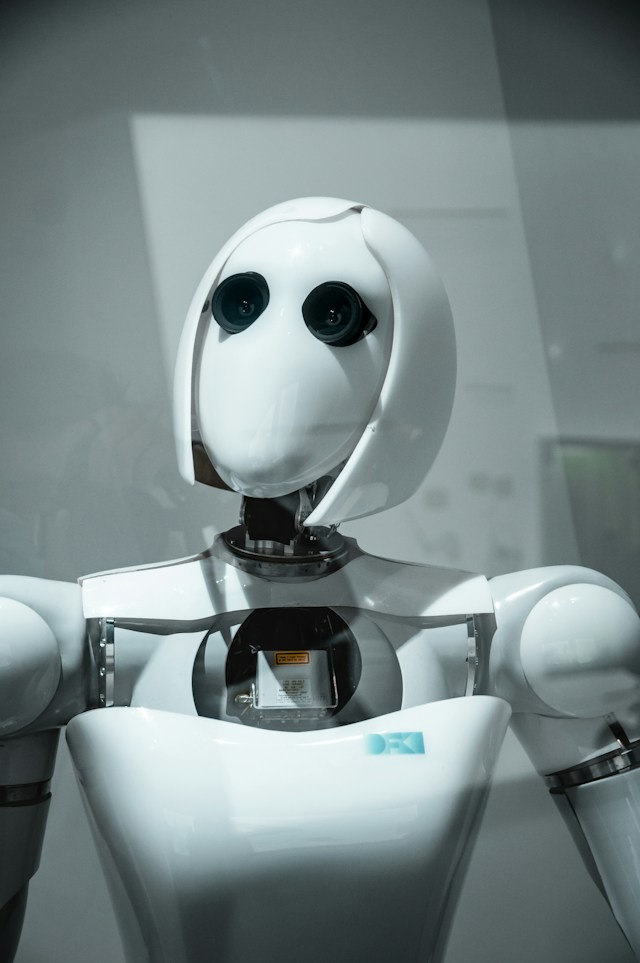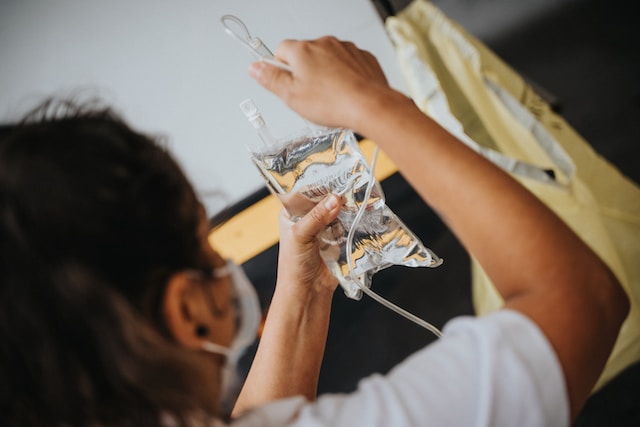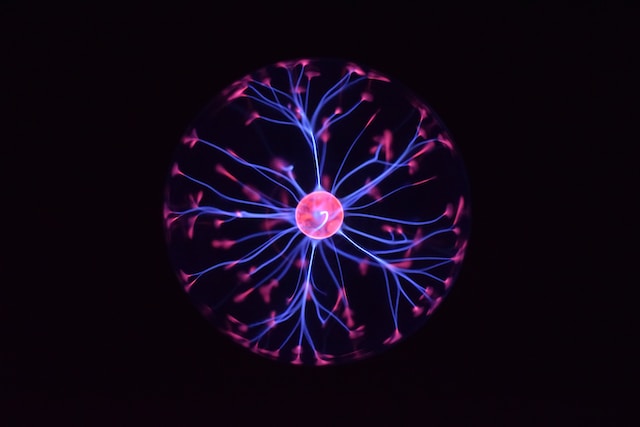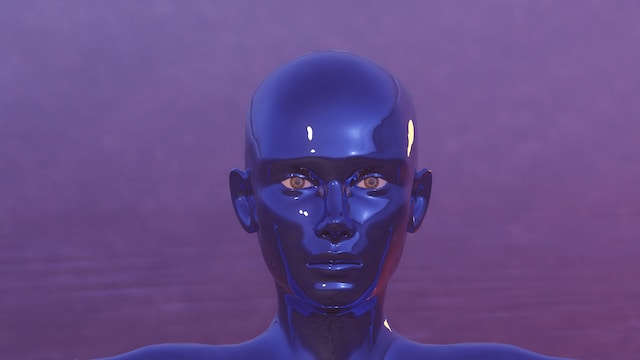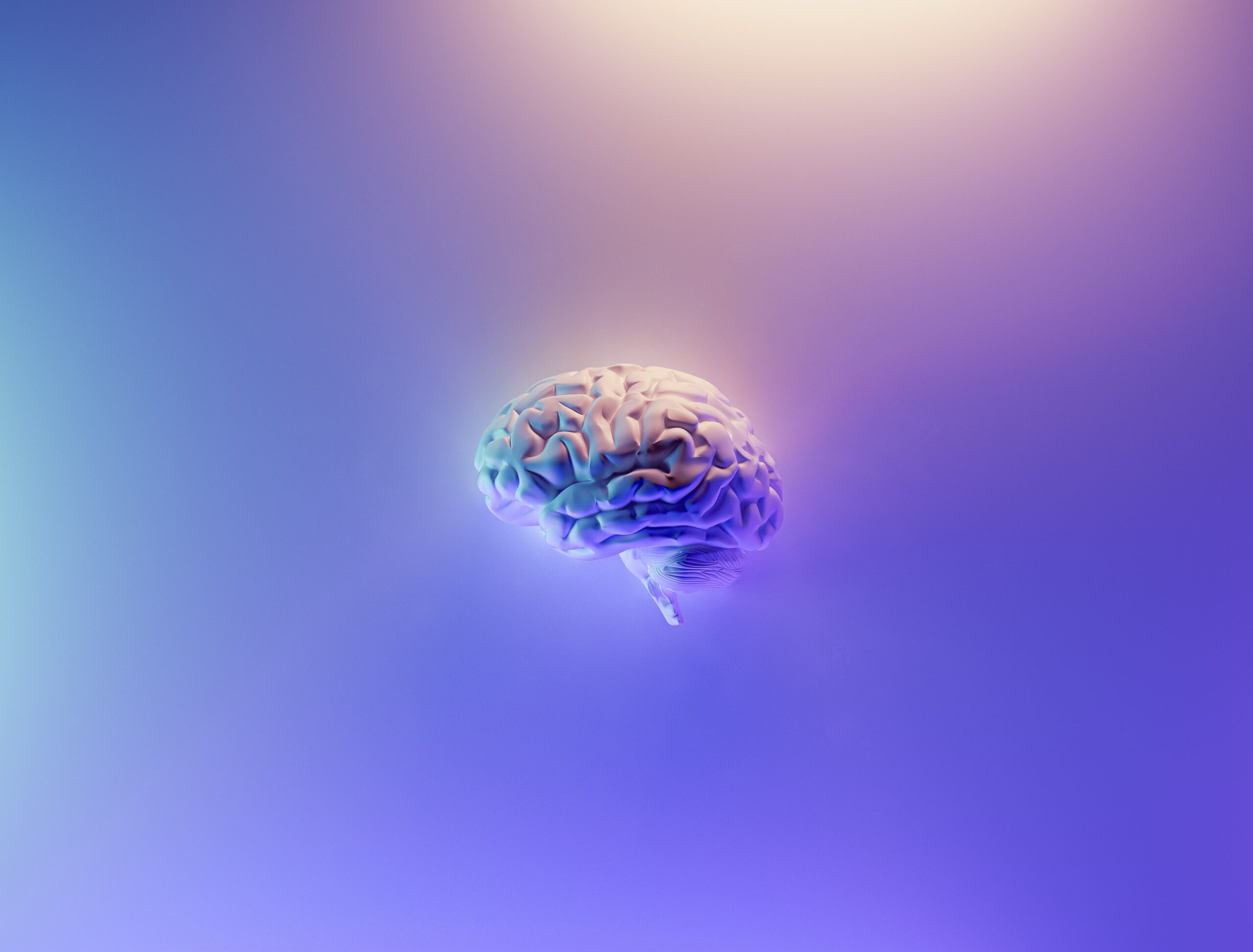Due to advancements in medical science and our knowledge about the human body, the average age at death has been pushed up over the years. Although it has also brought new challenges along with it, we still haven’t mastered this science of increasing the human lifespan. While the focus of cryonics is on preservation and revival of individuals, solving the mystery of aging is equally important.
A team of scientists at GERO, a Singapore-based company that uses artificial intelligence and machine learning to understand aging and major diseases, may have figured out why we age and why treating diseases is not the same as increasing the human lifespan.
According to the research team at GERO, aging begins at birth. Our cells undergo physiological changes right from the time we are born. Initially, we call this the ‘growth phase’. These physiological changes fluctuate from time to time as well, e.g. glucose levels in the body during the day. However, when observed over long periods of time, one finds an equilibrium level each individual returns to.
The human body is very resilient and wants to return to that equilibrium, the scientists reported. Using a series of blood tests and recording physical activity levels using a wearable device, the GERO team found that the recovery to equilibrium is dependent on our age. While a 40-year-old can recover in as little as two weeks, an 80-year-old would require six weeks to achieve the same recovery. Extrapolating this trend the team found that the human body completely loses its resilience between the ages of 120-150 years.
While an individual’s resilience is also determined by chronic diseases, the reduction in resilience as we age is seen in individuals who are relatively healthy and do not suffer from chronic illnesses. Scientists believe this might be the reason we haven’t seen an increased maximum lifespan, although we have been able to increase longevity in the population.
While research groups use ‘biological age’ as a predictor of lifespan and have even designed interventions to reverse aging, we do not currently know if these changes are transient or permanent. GERO argues that life extension is not possible by simply preventing or curing diseases. One needs to address the causes of this loss of ‘resilience’ if we want to truly address aging.
Aging itself is a complex process and cannot be defined by a single number. As Peter Fedichev, co-founder and CEO of Gero, states,
“Aging in humans exhibits universal features common to complex systems operating on the brink of disintegration. Our work is a demonstration of how concepts borrowed from physical sciences can be used in biology to probe different aspects of senescence and frailty to produce strong interventions against aging.”
GERO uses the Dynamic Organism State Index (DOSI), an advancement over ‘biological age’ as a tool to assess life expectancy, as it factors in the stressors, lifestyle, and chronic diseases of an individual, and uses ‘resilience’ as another factor to determine how quickly DOSI values can get back to the equilibrium after stress. Using mobile and wearable sensor data, GERO has found a unique framework for computing resilience. Using Artificial Intelligence (AI) and machine learning models in conjunction with high-quality genetics data, GERO has produced explanatory models for aging, complex diseases, and actional drug hypotheses.
“This work is a conceptual breakthrough because it determines and separates the roles of fundamental factors in human longevity – aging, and age-related diseases, as “executors of death” following the loss of resilience. It explains why even the most effective prevention and treatment of age-related diseases could only improve the average but not the maximal lifespan unless true antiaging therapies have been developed.” – Prof. Andrei Gudkov, Ph.D., Chair of the Department of Cell Stress Biology at Roswell Park Comprehensive Cancer Center.
“I’m very excited to see how Person-generated Health Data, including data from commercial wearables, can help create individual, longitudinal profiles of health that will be instrumental to shed light on lifetime-scale health phenomena.” – Luca Foschini, Co-founder & Chief Data Scientist at Evidation Health, a company on a mission to improve health outcomes.
